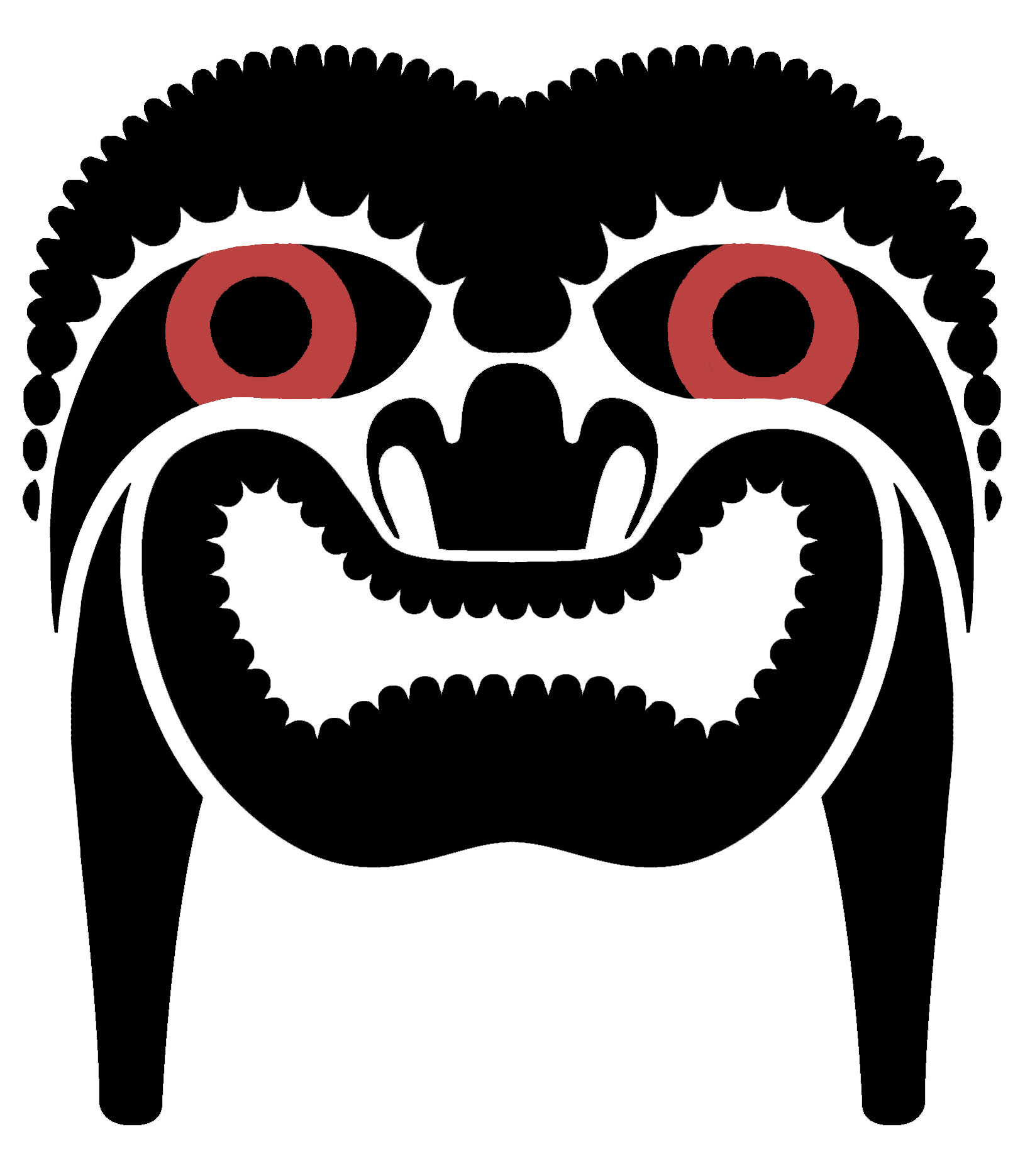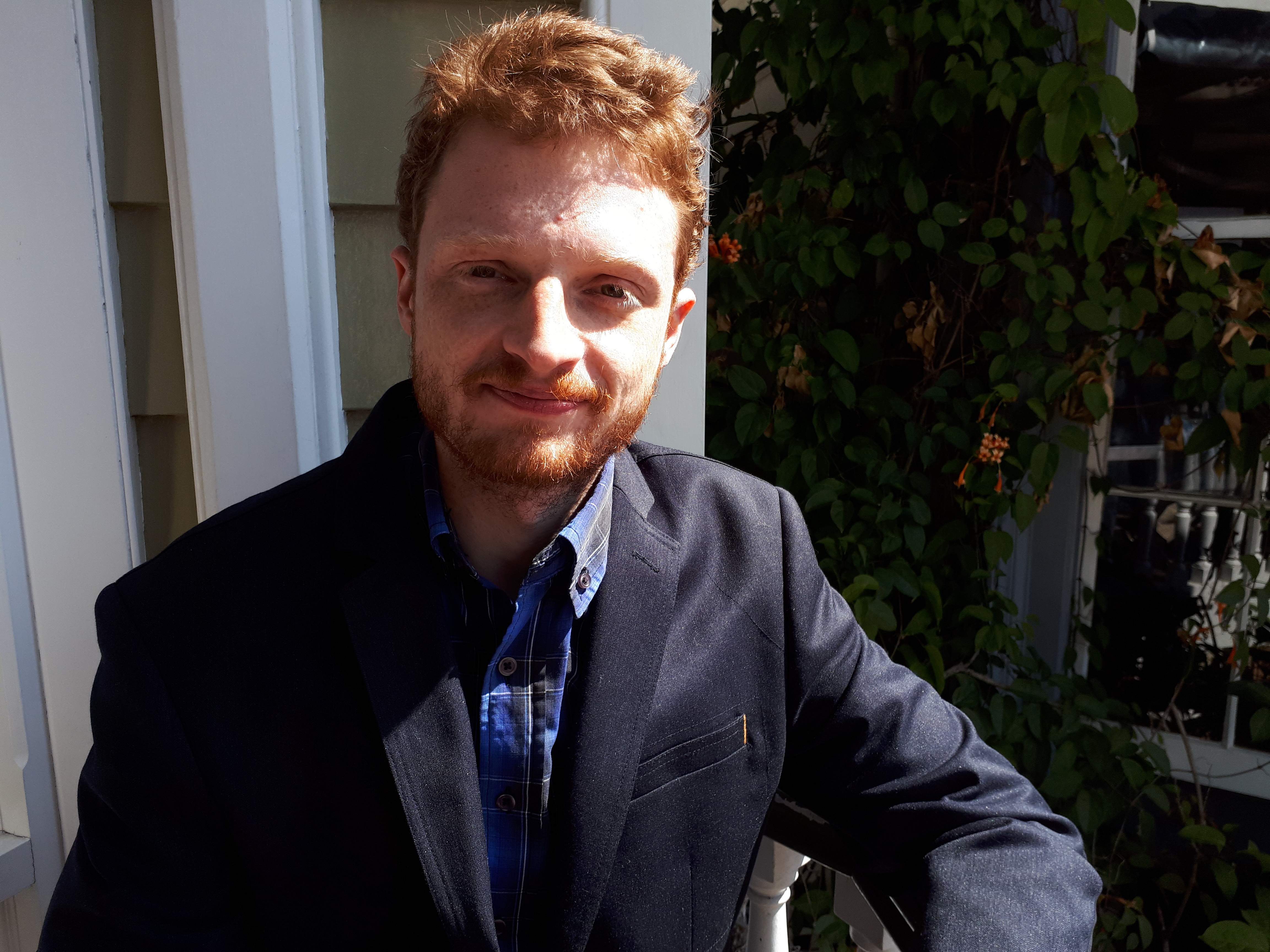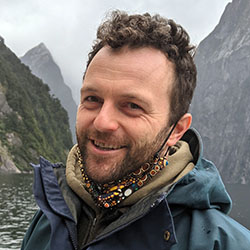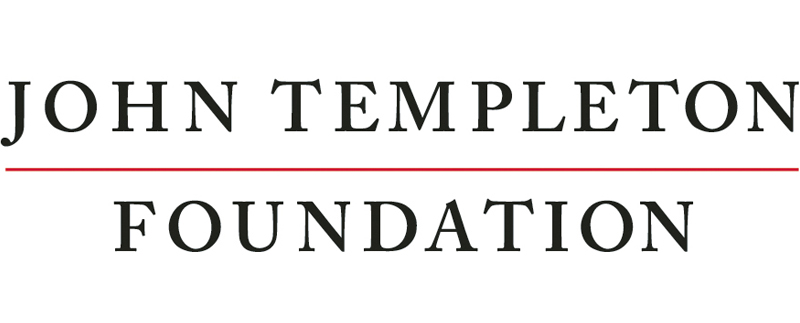

Pulotu, the proto-Polynesian word for the abode of the gods, is a database of supernatural beliefs and practices across Austronesian cultures. The database includes 137 Austronesian cultures and 63 variables on religion, history, society, and the natural environment. This database is specifically designed to test evolutionary hypotheses of religious belief and practice, with a primary focus on the traditional state of cultures. A major advantage of Pulotu is that robust language phylogenies are available for Austronesian cultures. This enables the use of phylogenetic comparative methods which provide the ability to reconstruct the states of proto-cultures, account for common ancestry in cross-cultural analysis, and test for correlated evolution between traits.
Being expert voyagers, Austronesians settled as far west as Madagascar and as far east as Rapanui - an area spanning over half the world’s longitude. The physical environments they inhabited ranged from tiny atolls such as Tongareva to the isolated mountainous interiors of large islands such as Taiwan. The social and religious features of these cultures were no less diverse. Social structures ranged from acephalous nomadic bands to large, complex states. Supernatural beliefs systems included localised nature spirits and the spirits of recent ancestors, as well as structured pantheons of powerful gods. Supernatural practices include ritual dances, human sacrifice and headhunting. It was this diversity of religious belief and practice that inspired the first comparative studies of religion (Swain and Trompf 1995).
Pulotu contains a total of 88 variables, divided into three major sections, each covering a distinct time period in a culture's history. The first and largest section is the traditional state section, which contains information on the state of the culture prior to large-scale modernisation. The second section covers the post-contact history, the time period spanning from the traditional state of the cultures to their contemporary state. The third section is the contemporary state, documenting the contemporary state of the culture.
Definitions of the terms used throughout Pulotu can be found in our glossary section. For all other enquiries please visit our contact page.
Watts, J., Sheehan, O., Bulbulia, J., Gray, R.D., & Atkinson, Q.D. (2018). Christianity spread faster in small politically structured societies. Nature Human Behaviour, 2, 559-564.
Sheehan, O., Watts, J., Gray, R.D., & Atkinson, Q.D. (2018). Coevolution of landesque capital intensive agriculture and sociopolitical hierarchy. Proceedings of the National Academy of Sciences, 115 (14), 3628-3633.
Watts, J., Sheehan, O., Atkinson, Q.D., Bulbulia, J., & Gray, R.D. (2016). Ritual human sacrifice promoted and sustained the evolution of stratified societies. Nature, 532 (7598), 228-231.
Watts J., Greenhill S.J., Atkinson Q.D., Currie T.E., Bulbulia J., Gray R.D. (2015). Broad supernatural punishment but not moralizing high gods precede the evolution of political complexity in Austronesia. Proceedings of the Royal Society B., 282.
Watts J., Sheehan O., Greenhill S.J., Gomes-Ng S., Atkinson Q.D., Bulbulia J., Gray R.D. (2015). Pulotu: Database of Austronesian Supernatural Beliefs and Practices. PLoS ONE 10(9)
Chief Editor |
|||||||
|---|---|---|---|---|---|---|---|
 |
Dr. Oliver Sheehan
Oliver has played a central role in developing and coding the Pulotu database since its inception.
In recent years Oliver had lead the ongoing development of the Pulotu database and is the current
Chief Editor. Oliver is a postdoctoral researcher in the department of psychology at the University of Auckland.
|
||||||
Leadership and Advisory Team |
|||||||
 |
Dr. Joseph Watts
Project management, database and website design
Joseph led the initial design and construction of Pulotu in collaboration with the rest of the project team. |
Website
|
 |
Prof. Russell Gray
Project Leader, overall coordination.
|
Website
|
||
 |
Dr. Simon Greenhill
Associate Investigator, database design
|
Website |  |
Prof. Quentin Atkinson
Associate Investigator, data analysis
|
Website
|
||
 |
Prof. Joseph Bulbulia
Associate Investigator, religious studies consultant
|
Website
|
 |
Prof. Carlos Botero
Associate Investigator, ecological modeling
|
Website
|
||
Research Team |
|||||||
 |
Dr. Stephanie Gomes-Ng
Cultural research and database development
|
 |
Dr. Angeline Song
Cultural research
|
||||
 |
Joanne Ong
Cultural research
|
 |
Dr. Sam Passmore
Cultural research
|
Website
|
|||
 |
Kirsty Maurits
Cultural research
|
 |
Goldie Hamilton
Cultural research
|
||||
 |
Kelsey Buntain
Cultural research
|
 |
Alex Thomson
Cultural research
|
Website Email | |||
Pulotu was constructed thanks to funding from the John Templeton Foundation and the Marsden Grant of the Royal Society of New Zealand.

|

|

|

|

|

|
Please read the conditions of use page before publishing any data from Pulotu.
Pulotu can be cited as follows:
Watts J., Sheehan O., Greenhill S.J., Gomes-Ng S., Atkinson Q.D., Bulbulia J., Gray R.D. (2015). Pulotu: Database of Austronesian Supernatural Beliefs and Practices. PLoS ONE 10(9).